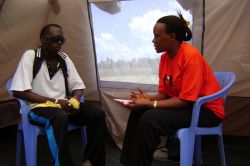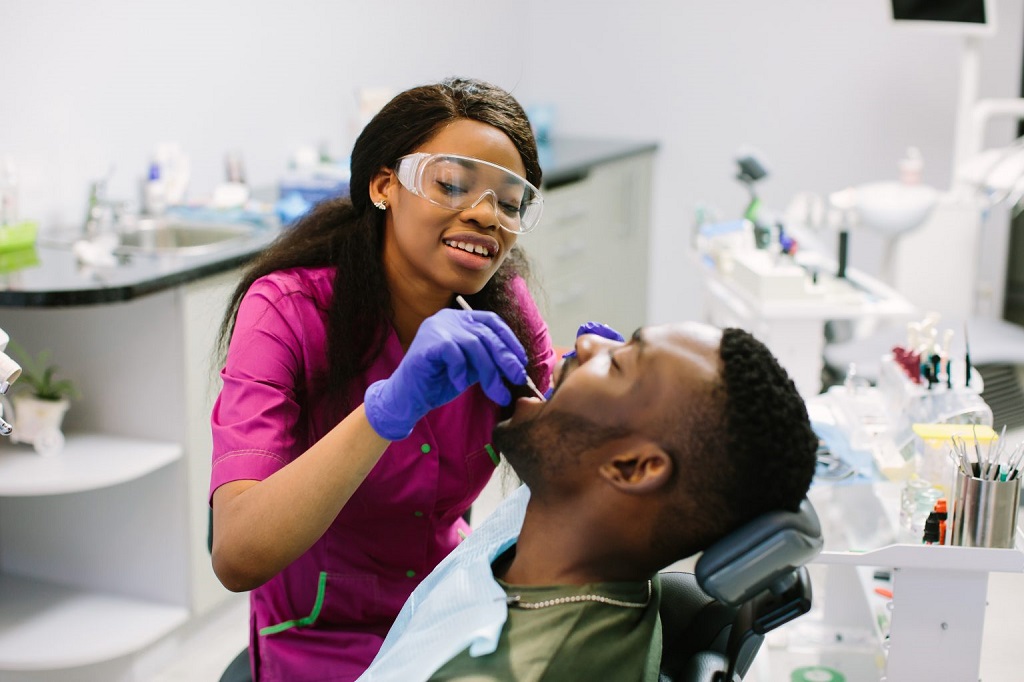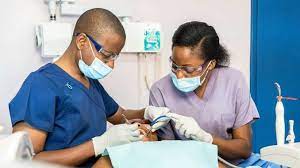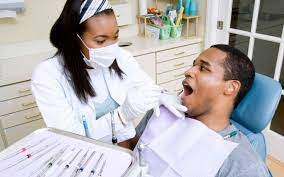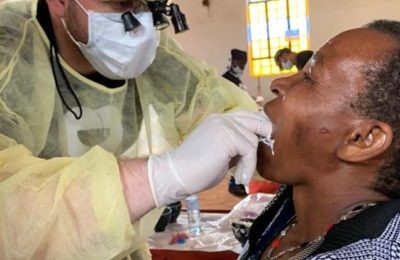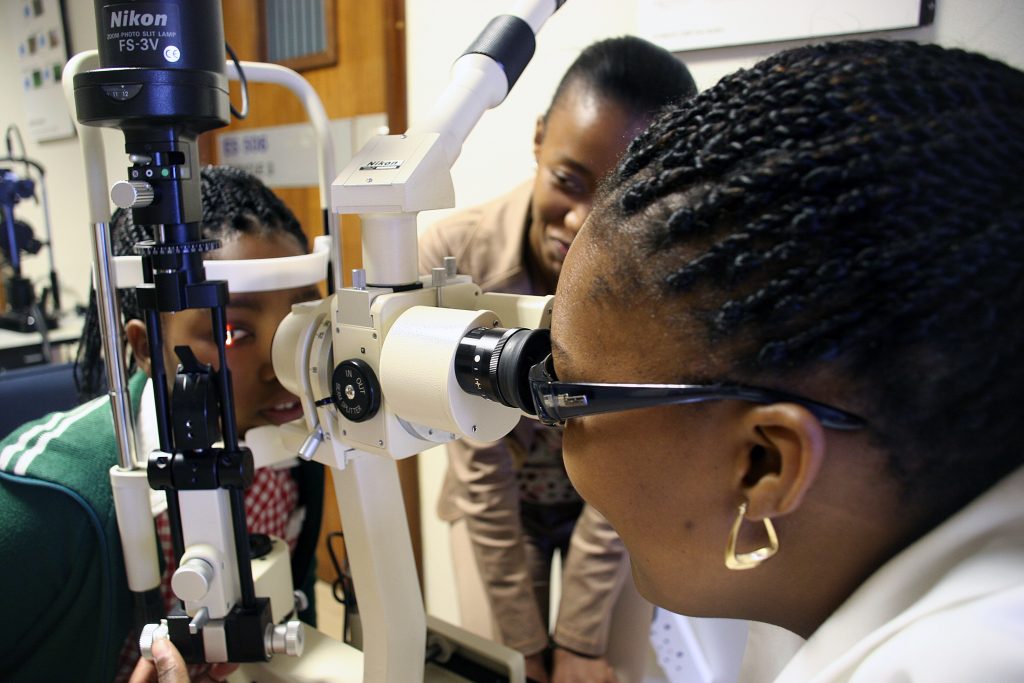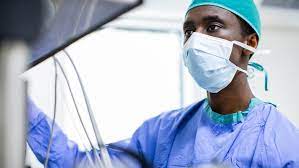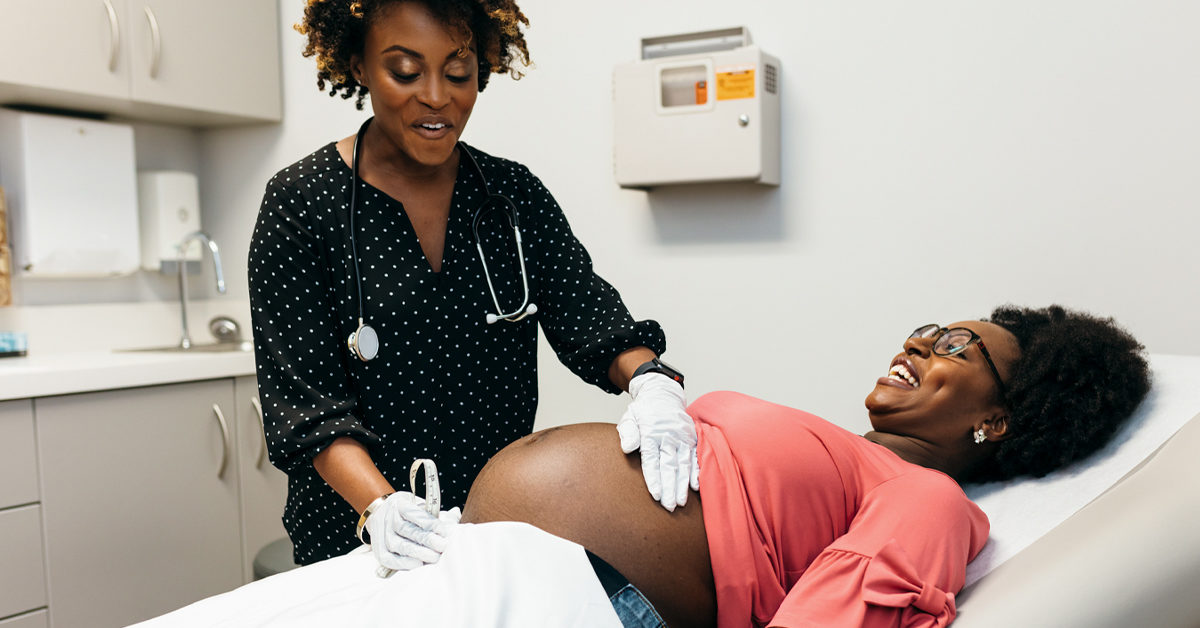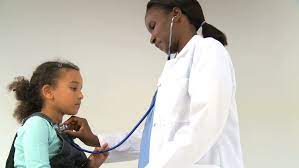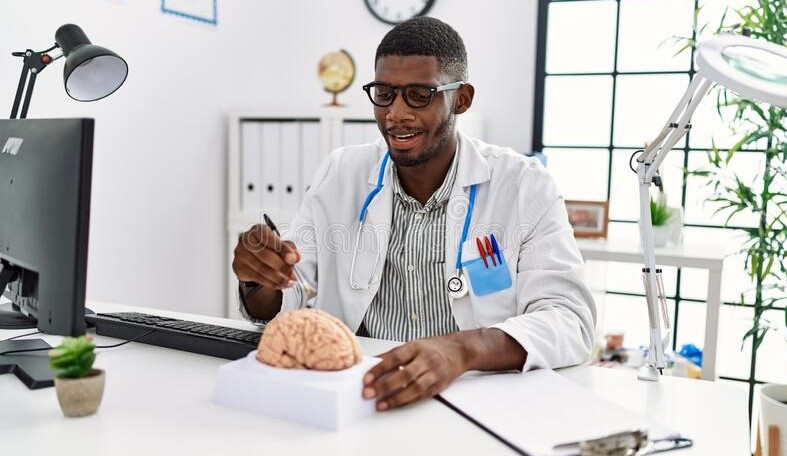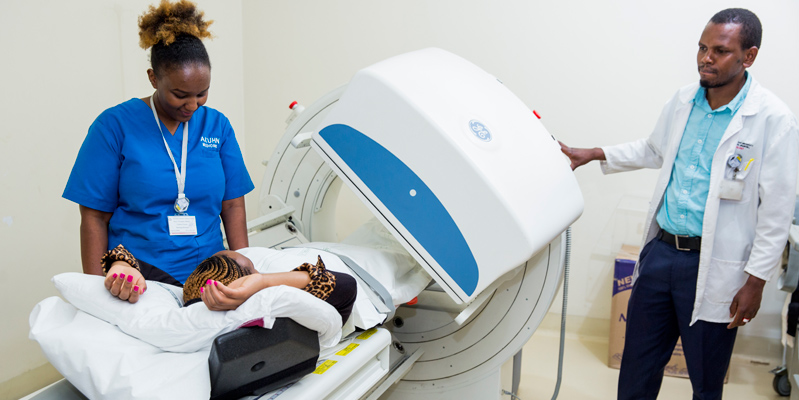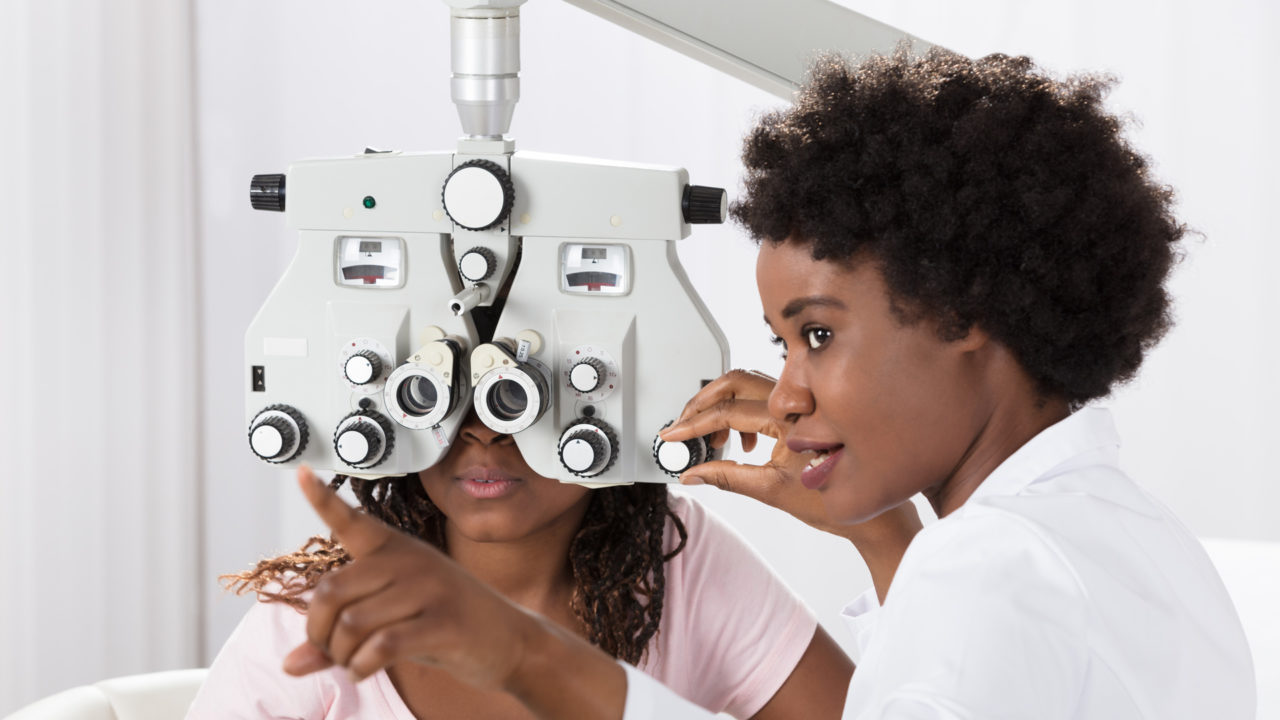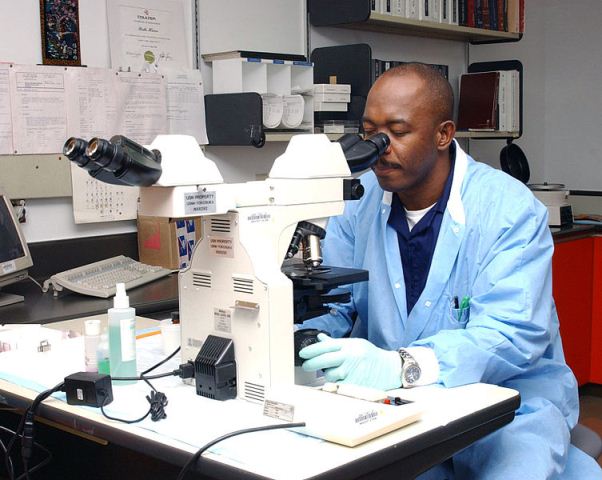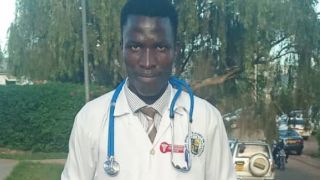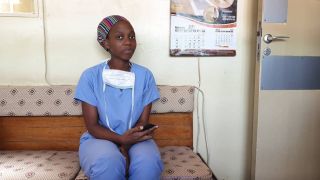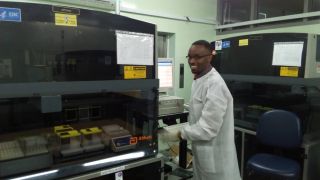Breaking News
- Ministry of Education and Sports Azerbaijan Government Scholarships For 2025-2026 Academic Year ...Read More
- Government Sponsorship Undergraduate Admission Lists 2025-26 for Makerere University ...Read More
- Ministry of Education And Sports: Egyptian Government Scholarships 2025-2026 Academic Year ...Read More
- Ground Breaker Full Scholarship for girls to study Software Engineering 2025 July Intake ...Read More
- Tony Elumelu Foundation Entrepreneurship Programme (TEEP) 2025 for young African Entrepreneurs ...Read More
- DESIGNING FUTURES 2050 International Design Competition 2025 (€15,000 prize) ...Read More
- Ground Breaker Full time Scholarship for girls to study Software Engineering 2025 Intake ...Read More
- Ministry of Education And Sports Algerian Vocational Training Scholarships for 2024-2025 AY ...Read More
- Ministry of Education and Sports Advert for the Algerian Government Scholarships for 2024-2025 ...Read More
- Uganda Dev Summit 2024 Live Stream ...Read More
Health Science Careers
Dentist, General
Examine, diagnose, and treat diseases, injuries, and malformations of teeth and gums. May treat diseases of nerve, pulp, and other dental tissues affecting oral hygiene and retention of teeth. May fit dental appliances or provide preventive care.
Know MoreOral and Maxillofacial Surgeon
Perform surgery and related procedures on the hard and soft tissues of the oral and maxillofacial regions to treat diseases, injuries, or defects. May diagnose problems of the oral and maxillofacial regions. May perform surgery to improve function or appearance.
Know MoreOrthodontist
Examine, diagnose, and treat dental malocclusions and oral cavity anomalies. Design and fabricate appliances to realign teeth and jaws to produce and maintain normal function and to improve appearance.
Know MoreProsthodontist
Construct oral prostheses to replace missing teeth and other oral structures to correct natural and acquired deformation of mouth and jaws, to restore and maintain oral function, such as chewing and speaking, and to improve appearance.
Know MoreOptometrist
Diagnose, manage, and treat conditions and diseases of the human eye and visual system. Examine eyes and visual system, diagnose problems or impairments, prescribe corrective lenses, and provide treatment. May prescribe therapeutic drugs to treat specific eye conditions.
Know MorePharmacist
Dispense drugs prescribed by physicians and other health practitioners and provide information to patients about medications and their use. May advise physicians and other health practitioners on the selection, dosage, interactions, and side effects of medications.
Know MoreAnesthesiologist
Physicians who administer anesthetics prior to, during, or after surgery or other medical procedures.
Know MoreFamily and General Practitioner
Physicians who diagnose, treat, and help prevent diseases and injuries that commonly occur in the general population. May refer patients to specialists when needed for further diagnosis or treatment.
Know MoreInternist, General
Physicians who diagnose and provide non-surgical treatment of diseases and injuries of internal organ systems. Provide care mainly for adults who have a wide range of problems associated with the internal organs.
Know MoreObstetrician and Gynecologist
Physicians who provide medical care related to pregnancy or childbirth and those who diagnose, treat, and help prevent diseases of women, particularly those affecting the reproductive system. May also provide general medical care to women.
Know MorePediatrician, General
Physicians who diagnose, treat, and help prevent children's diseases and injuries.
Know MoreHospitalist
Provide inpatient care predominantly in settings such as medical wards, acute care units, intensive care units, rehabilitation centers, or emergency rooms. Manage and coordinate patient care throughout treatment.
Know MoreNeurologist
Diagnose, treat, and help prevent diseases and disorders of the nervous system.
Know MoreNuclear Medicine Physician
Diagnose and treat diseases using radioactive materials and techniques. May monitor radionuclide preparation, administration, and disposition.
Know MoreOphthalmologist
Diagnose, treat, and help prevent diseases and injuries of the eyes and related structures.
Know MorePathologist
Pathologists are physicians who specialize in the diagnosis and characterization of disease based on the examination of tissues removed from diseased body parts or biopsy samples. They can also diagnose certain diseases and conditions through the laboratory analysis of various bodily fluids such as the blood, semen, saliva, cervical fluid, pleural fluid (around the lungs), pericardial fluid (around the heart) and ascetic fluid (collected in the abdomen in liver disease).
Know MorePhysical Medicine and Rehabilitation Physician
Diagnose and treat disorders requiring physiotherapy to provide physical, mental, and occupational rehabilitation.
Know MorePreventive Medicine Physician
Apply knowledge of general preventive medicine and public health issues to promote health care to groups or individuals, and aid in the prevention or reduction of risk of disease, injury, disability, or death. May practice population-based medicine or diagnose and treat patients in the context of clinical health promotion and disease prevention.
Know More















